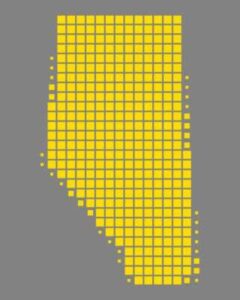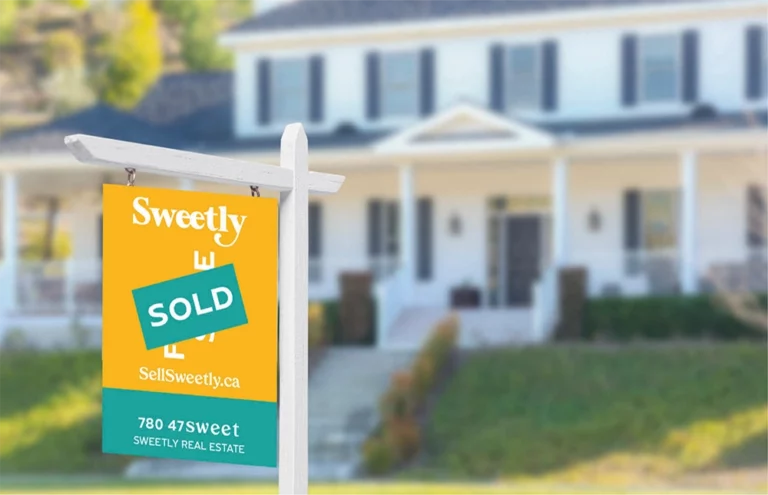Are you a first-time home buyer looking to optimize your buying experience? Navigating the real estate market can be stressful, especially if you don’t have prior experience with buying or selling a home.
1. Get connected with a qualified real estate agent.
As a first time home buyer, you’ll want to find an agent with patience and availability. Look for someone who is a good match in personality—you’ll be spending lots of time together, so it’s important to find an agent who will “mesh” with your communication styles. A good real estate agent is one who has your best interests at heart and will help find you a home that represents good value for the years to come.
Start off by booking a discovery session with an agent. The discovery session will uncover your housing needs and wants. It will also pave the path of the upcoming steps in the home buying process. Don’t be afraid to meet up with a few different agents before you decide to start the home buying process.
Pro tip: Choose an agent who specializes in first-time home buyers. They should be able to anticipate your needs better than someone used to working with experienced clients.
2. Before you start looking, get pre-approved for a mortgage.
There are numerous benefits to receiving pre-approval from a mortgage broker before starting your home search. You’ll get a better idea of exactly what you can afford instead of wasting time looking at properties too far above or below your budget. Pre-approval will also help you to understand what your monthly payments will look like at different price points.
Learning the mortgage process ahead of time will help you save time in the long run, as well as prevent you from missing out on your dream house. The true benefit of working with a mortgage broker is having a pre-approval letter. If you find yourself competing with another buyer (or buyers), you can submit that letter along with your offer. The seller will be more willing to work with your offer—even if your offer is less than the competing offers—since your pre-approval letter proves you can actually afford to close on the property.
Pro tip: Mortgage brokers have access to more products than single lenders, and may be able to get you a better deal on your mortgage.
3. Develop an eye for cosmetic fixes.
Not everyone can see the potential in a home with dark green walls or a long-dead lawn. Use this to your advantage by honing your eye for “fixer-uppers” that only need a bit of work to be move-in ready. Once you know the difference between a $2k weekend project and a $20k disaster cleanup nightmare, you’ll increase your chances of finding a good fit for a reasonable price.
Try to see past unfortunate paint jobs and bad landscaping for the home underneath. Is the layout great but the kitchen needs new cabinets? If the home is otherwise structurally healthy and in a desirable neighbourhood, it might be worth it to invest in new cupboards for a home that otherwise fulfills your needs.
Pro tip: Set a budget for home improvements before you start looking at homes. Decide how much work you’d be willing to put into a home and stick to your budget.
4. Consider an up-and-coming neighbourhood over the obvious top-ten choice.
Although a few established neighbourhoods may attract all the attention in your city, consider an up-and-coming outsider instead. These neighbourhoods tend to go under the radar even though they may geographically border the more “desirable” communities. Expanding your search to include up-and-coming communities can help you find your ideal home for a more reasonable price, while still being close to the schools and amenities you want.
What makes a neighbourhood desirable? Make a list of your must-haves (local coffee shop, K-12 schools nearby, active night life, unique architecture, short commute, etc.) and try to expand your home search into communities that meet your standards.
Pro tip: Try looking at a city map to identify all the neighbourhoods that border the obvious established favourites.
5. Become familiar with market trends.
Is your city going through a major price bubble? Will homes sell for more right now, or later next season? When is the best time to buy in your ideal neighbourhood? These are all questions you should be researching on your search to find a home to buy. Start your research with basic inquiries into interest rates, mortgages, and market trends. Search the internet for relevant articles in your geographic area, then make a list of further questions to discuss with your real estate agent and mortgage broker.
Learn how to tell the difference between a buyers’ and sellers’ market. Decide if you should try to time your home buying search with your area’s slow season to get a better price, or with the busy season to see as many ideal properties as possible.
Pro tip: Use an MLS® search to keep an eye on properties you can afford in your favourite communities. Check in often to see how fast they sell and you’ll get an idea of how “hot” your target market is!
6. Set and re-set search parameters.
Once you have an idea of where you want to live, have your real estate agent set up an MLS® search with the square footage, number of beds and baths, and neighbourhoods of your choosing within your price range. Review these parameters as you receive results for available properties. If you’re not getting enough viable results, consider expanding one of your search parameters, like adding more neighbourhoods or increasing your maximum price. If you’re getting too many low-quality results, narrow down your search criteria.
Your real estate agent should have suggestions for how to narrow or widen your home search. They should also be able to suggest properties slightly outside your search that may otherwise fulfill your needs.
Pro tip: Set a wider search area beyond your ideal home. You might miss out on a great deal if your search area is too narrow.
7. Be patient. Know when to reign in your expectations.
Learn the difference between must-haves and would-wants. You may have to compromise on some of your ideal home criteria, or wait months for the perfect property to appear—even if the perfect home comes up for sale, there’s a chance you’ll be out-bid by competing buyers. It’s great to have an idea of what your ideal home would look like but be sure to leave some wiggle room for reality in your search.
Flexibility will save your sanity during a home search. Keep an open mind about homes that don’t completely meet your criteria, especially if your agent thinks it might be a good fit. Focus on finding a half-dozen homes that meet 8 out of 10 of your expectations instead of one home that meets 10 out of 10.
Pro tip: Don’t worry too much about wasting your agent’s time with showings of a home that you don’t intend to buy. These showings are great for honing in on your must-haves and visualizing your ideal home!












